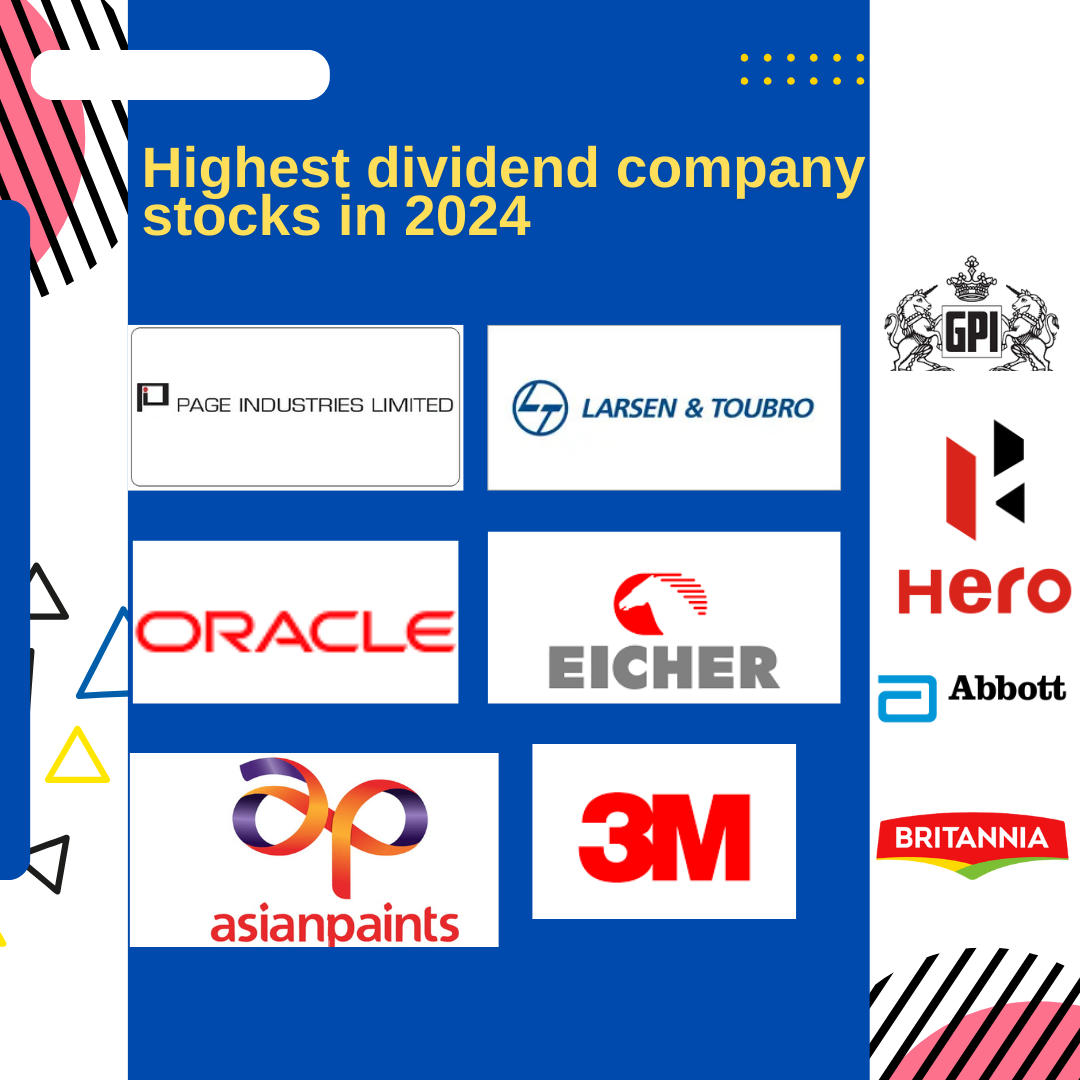CRYPTOCURRENCY VS STOCKS
Which should you invest in ?
What is Cryptocurrency ?
Cryptocurrency vs Stocks- Cryptocurrency is a type of digital or virtual currency that uses cryptography for security. It operates on a decentralized technology called blockchain, which is a distributed ledger that records all transactions across a network of computers. Cryptocurrencies are typically not controlled by any central authority, making them immune to government interference or manipulation. They can be used for various purposes, including online purchases, investment, and transferring value across borders. Examples include Bitcoin, Ethereum, and Ripple.
How does Cryptocurrency work?
Cryptocurrency works through a combination of blockchain technology and cryptography. Here’s a simplified breakdown of the key components:
- Blockchain: This is a public ledger that records all transactions across a network of computers. Each block contains a list of transactions, and these blocks are linked together in chronological order. This structure makes it secure and tamper-resistant.
- Decentralization: cryptocurrencies operate on a decentralized network of computers (nodes). This means no single entity controls the currency, making it less susceptible to manipulation or failure.
- Cryptography: Cryptographic techniques ensure the security and integrity of transactions. For example, public and private keys are used to facilitate secure transactions; the public key is like your bank account number, while the private key is your password.
- Mining and Consensus: In many cryptocurrencies, transactions are verified through a process called mining, where powerful computers solve complex mathematical problems. This not only validates transactions but also adds new blocks to the blockchain. Various consensus mechanisms, like Proof of Work (used by Bitcoin) and Proof of Stake, ensure that all participants agree on the state of the ledger.
- Wallets: To store and manage cryptocurrencies, users use digital wallets. These can be software-based (online or on your device) or hardware-based (physical devices).
- Transactions: When you send or receive cryptocurrency, you create a transaction that gets broadcast to the network. Miners validate the transaction, and once confirmed, it gets added to the blockchain.
Overall, the combination of these elements allows for secure, transparent, and peer-to-peer transactions without the need for intermediaries.
Is Cryptocurrency safe?
The safety of Cryptocurrency depends on various factors. Here are some key considerations:
- Market Volatility: Cryptocurrencies can be highly volatile, with prices fluctuating dramatically. This can lead to significant financial risk if you’re not prepared for market swings.
- Security Risks: While blockchain technology is secure, exchanges and wallets can be vulnerable to hacks. It’s crucial to choose reputable exchanges and secure your accounts with strong passwords and two-factor authentication.
- Scams and Fraud: The crypto space can attract scams, including phishing attacks and Ponzi schemes. Always verify the legitimacy of projects and offers before investing.
- Regulatory Environment: Regulations around Cryptocurrencies vary by country and are constantly evolving. Changes in laws can impact the legality and safety of holding or trading Cryptocurrencies.
- Storage Safety: Storing Cryptocurrencies in exchanges can be risky. Using a hardware wallet or other secure storage solutions can help protect your assets from hacks.
- Lack of Consumer Protections: Unlike traditional banks, there are fewer consumer protections in place for Cryptocurrency holdings. If you lose access to your wallet or get hacked, it can be difficult or impossible to recover your funds.
In summary, while Cryptocurrency offers exciting opportunities, it also carries risks. Educating you, practicing safe storage methods, and investing cautiously can help mitigate those risks.
STOCKS-Definition:
Cryptocurrency vs Stocks- Stocks represent ownership shares in a company. When you buy stock, you’re essentially purchasing a small piece of that company, which can entitle you to a portion of its profits and may grant you voting rights in certain corporate decisions. Stocks are typically traded on stock exchanges, and their value can fluctuate based on factors like company performance, market conditions, and investor sentiment. There are two main types: common stock, which often comes with voting rights, and preferred stock, which generally provides fixed dividends but no voting rights.
Benefits of investing Stocks:
- Potential for High Returns: Historically, stocks have provided higher long-term returns compared to other investment options like bonds or savings accounts.
- Ownership in Companies: Buying stocks means owning a piece of a company, which can lead to dividends and voting rights in corporate matters.
- Liquidity: Stocks can be easily bought and sold on exchanges, providing investors with quick access to cash if needed.
- Diversification: Investing in a variety of stocks can spread risk and reduce the impact of poor performance from any single investment.
- Inflation Hedge: Stocks often outpace inflation over time, helping preserve purchasing power.
- Tax Advantages: Long-term capital gains from stock investments are usually taxed at a lower rate than ordinary income.
- Compound Growth: Reinvesting dividends can significantly increase the overall return on investment over time.
- Market Participation: Investing in stocks allows individuals to participate in the growth of the economy and benefit from advancements in various sectors.
- Access to Research and Information: Investors can leverage extensive market analysis and research, enhancing decision-making.
- Flexible Investment Options: With various investment strategies available, such as growth investing or value investing, individuals can tailor their approach to their risk tolerance and goals.
Cryptocurrency vs Stocks:
Cryptocurrency and stocks are two different investment vehicles, each with its own characteristics, benefits, and risks. Here’s a comparison:
-
Ownership and Structure
- Stocks: Represent ownership in a company. When you buy stock, you own a share of that business and may receive dividends.
- Cryptocurrency: Digital or virtual currencies that use cryptography for security. Ownership is recorded on a blockchain, and there is no central authority.
-
Market Regulation
- Stocks: Heavily regulated by government bodies (like the SEC in the U.S.), providing a level of oversight and investor protection.
- Cryptocurrency: Less regulated, leading to higher risks but also greater potential for innovation and high returns.
-
Volatility
- Stocks: Generally less volatile than cryptocurrencies, though individual stocks can experience significant price swings.
- Cryptocurrency: Known for extreme volatility, with prices often subject to rapid fluctuations.
-
Investment Horizon
- Stocks: Typically viewed as a long-term investment, benefiting from compounding returns and growth over time.
- Cryptocurrency: Can be both a short-term and long-term investment, with many traders engaging in quick trades for potential profits.
-
Income Generation
- Stocks: May provide dividends, offering a potential income stream alongside capital appreciation.
- Cryptocurrency: Typically does not offer dividends, though some platforms allow staking or yield farming for potential earnings.
-
Research and Information
- Stocks: Extensive analysis and research available, with historical performance data and financial statements.
- Cryptocurrency: Less historical data and more speculative; research often focuses on technology, adoption, and market trends.
-
Risk Factors
- Stocks: Subject to market risks, company performance, and economic conditions.
- Cryptocurrency: Subject to regulatory risks, technological changes, and market sentiment.
Cryptocurrency vs. Stocks: Quick Comparison
| Feature |
Cryptocurrency |
Stocks |
| Ownership | Digital assets on a blockchain | Shares in a company |
| Regulation | Less regulated | Heavily regulated |
| Volatility | Highly volatile | Generally less volatile |
| Returns | High potential for rapid gains | Steady long-term growth |
| Income | No dividends (some staking options) | Potential for dividends |
| Research | Emerging, less historical data | Extensive analysis available |
| Investment Horizon | Short-term and long-term options | Primarily long-term
|
| Liquidity | Varies by cryptocurrency and exchange | Typically liquid |
Conclusion:
Stocks: Better for stability and long-term growth.
Cryptocurrency: Suitable for high-risk, high-reward investors.
Both stocks and cryptocurrencies have their unique advantages and risks. Stocks are generally considered a more stable investment with a long history of performance, while cryptocurrencies offer high potential rewards but come with significant volatility and uncertainty. Investors should carefully assess their risk tolerance, investment goals, and research both markets before investing.
click here in details









